
Contributed by Lucas C. Majure
A genus of approximately 150-200 species, perennial herbs, shrubs, and trees, widespread in the Americas from s Canada to Patagonia, Argentina, which originated in southern South America and eventually spread to North American arid regions; subsequently occupied edaphically xeric regions of the eastern US (sandy soils, rock outcrops, saline soils, etc.). The genus represents the most widespread taxon in all of Cactaceae. Hybridization and polyploidization are common in this clade. Economically important, numerous species have been introduced worldwide as forage for livestock, as well as for ornamentals and agricultural products.
Key advice:Opuntia species are notoriously difficult to identify and are best-identified using live material with information regarding population morphological variation. Three-dimensional characters are most often lost in dried herbarium specimens, making identification using those materials more problematic. Opuntia ellisiana Griffiths is commonly planted as an ornamental in n. FL but is not covered here, as no escaped populations are known. Opuntia santa-rita (Griffiths & Hare) Rose, purple prickly pear, is sometimes planted as an ornamental in the eastern United States. Various additional cultivated species may be encountered and may weakly naturalize.
Ref: Adanick & Medley (2020); Anderson (2001); Barthlott & Hunt In Kubitzki, Rohwer, & Bittrich (1993); Benson (1982); Britton & Rose (1937); Doyle (1990); Majure (2012); Majure (2014); Majure & Puente (2014); Majure et al. (2012a); Majure et al. (2017); Pinkava (2003b) In Flora of North America Editorial Committee (2003b); Pinkava (2003e) In Flora of North America Editorial Committee (2003b); Ward (2009e). Show full citations.
Hover over a shape, letter, icon, or arrow on the map for definition or see the legend. Data for arrows not developed for genera and families which may have species only occurring outside the flora area.
 © Bruce A. Sorrie | Opuntia austrina | Original Image ⭷
© Bruce A. Sorrie | Opuntia austrina | Original Image ⭷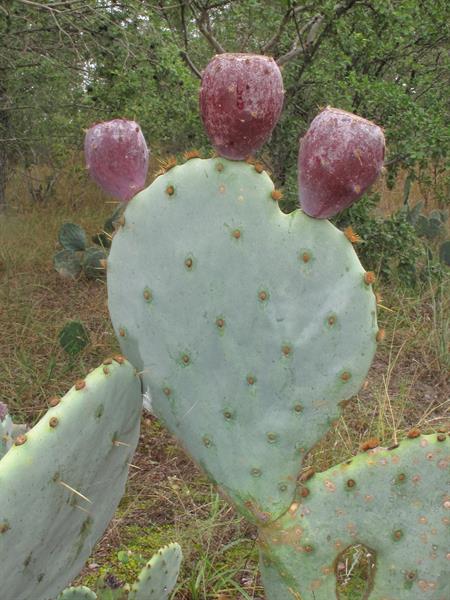 © Alan Cressler: Opuntia engelmannii var. lindheimeri, fruit, Enchanted Rock, Enchanted Rock State Natural Area, Llano County, Texas 1 by Alan Cressler | Opuntia lindheimeri source | Original Image ⭷
© Alan Cressler: Opuntia engelmannii var. lindheimeri, fruit, Enchanted Rock, Enchanted Rock State Natural Area, Llano County, Texas 1 by Alan Cressler | Opuntia lindheimeri source | Original Image ⭷ © Scott Ward | Opuntia austrina | Original Image ⭷
© Scott Ward | Opuntia austrina | Original Image ⭷ © Jacob Dakar | Opuntia humifusa | Original Image ⭷
© Jacob Dakar | Opuntia humifusa | Original Image ⭷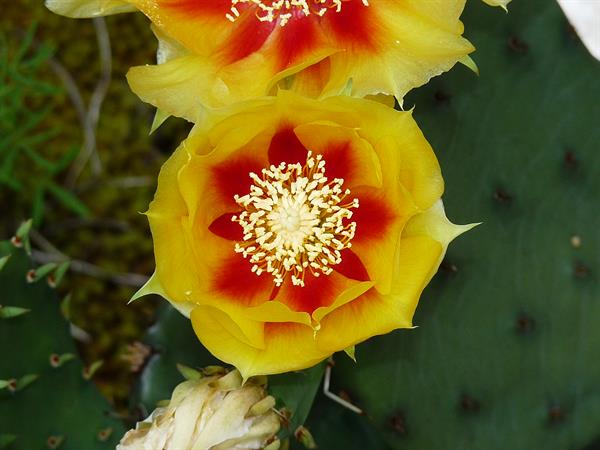 © Richard & Teresa Ware | Opuntia cespitosa CC-BY-NC, permission granted to NCBG | Original Image ⭷
© Richard & Teresa Ware | Opuntia cespitosa CC-BY-NC, permission granted to NCBG | Original Image ⭷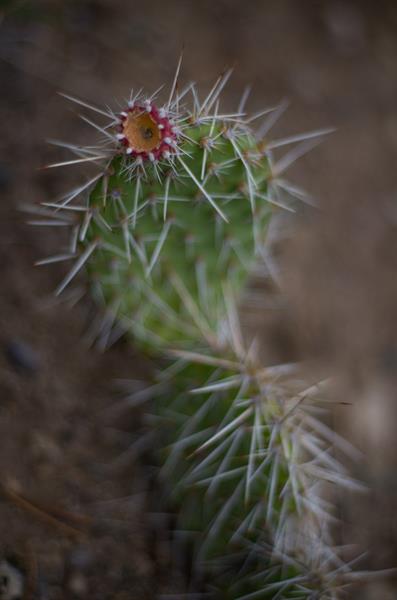 © Erik Danielson | Opuntia polyacantha var. polyacantha source | Original Image ⭷
© Erik Danielson | Opuntia polyacantha var. polyacantha source | Original Image ⭷ © Bruce A. Sorrie | Opuntia polyacantha var. polyacantha | Original Image ⭷
© Bruce A. Sorrie | Opuntia polyacantha var. polyacantha | Original Image ⭷ © Keith Bradley | Opuntia abjecta | Original Image ⭷
© Keith Bradley | Opuntia abjecta | Original Image ⭷ © Aidan Campos | Opuntia phaeacantha source | Original Image ⭷
© Aidan Campos | Opuntia phaeacantha source | Original Image ⭷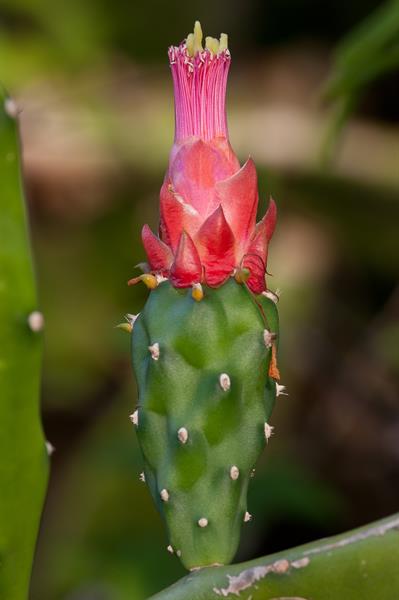 © Keith Bradley | Opuntia cochenillifera | Original Image ⭷
© Keith Bradley | Opuntia cochenillifera | Original Image ⭷ © Keith Bradley | Opuntia stricta var. dillenii | Original Image ⭷
© Keith Bradley | Opuntia stricta var. dillenii | Original Image ⭷ © Alan Cressler: Opuntia mesacantha subsp. mesacantha, Gneiss Outcrop,, Piedmont Physiographic Province, Randolph County, Alabama 3 by Alan Cressler | Opuntia mesacantha ssp. mesacantha source | Original Image ⭷
© Alan Cressler: Opuntia mesacantha subsp. mesacantha, Gneiss Outcrop,, Piedmont Physiographic Province, Randolph County, Alabama 3 by Alan Cressler | Opuntia mesacantha ssp. mesacantha source | Original Image ⭷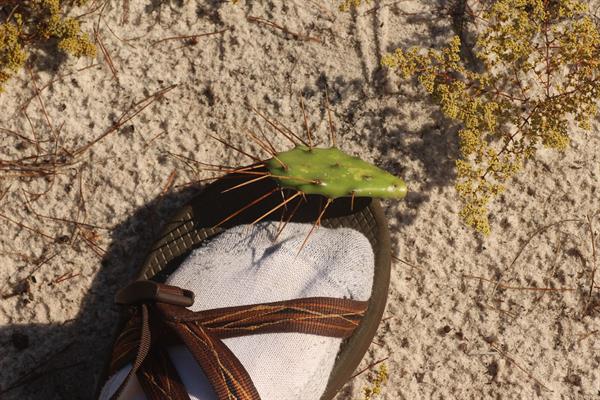 © Scott Ward | Opuntia austrina | Original Image ⭷
© Scott Ward | Opuntia austrina | Original Image ⭷ © J.W. Hardin | Opuntia drummondii | Original Image ⭷
© J.W. Hardin | Opuntia drummondii | Original Image ⭷Feedback
See something wrong or missing on about Opuntia? Let us know here: (Please include your name and email if at all complicated so we can clarify if needed.)
Cite as...